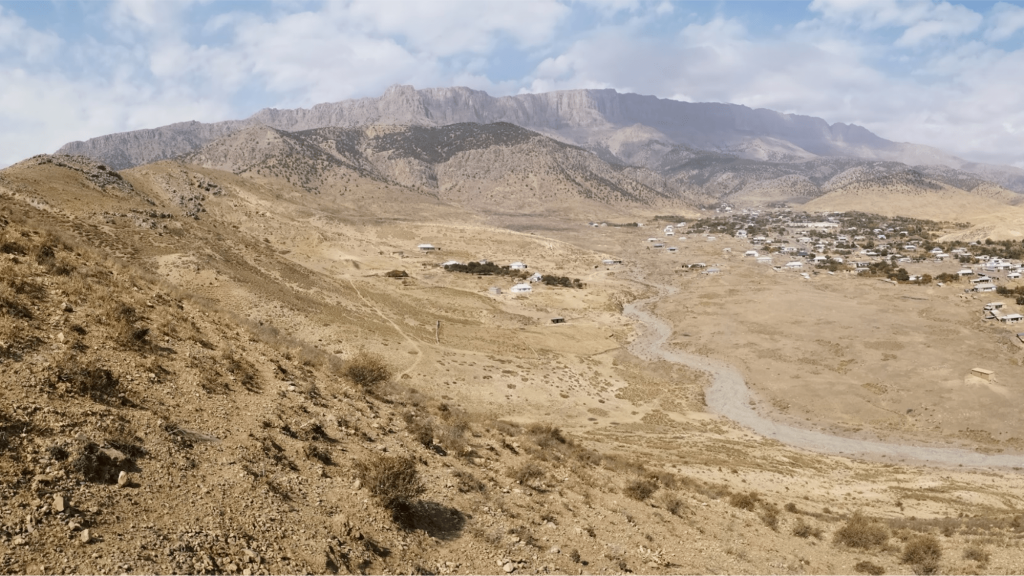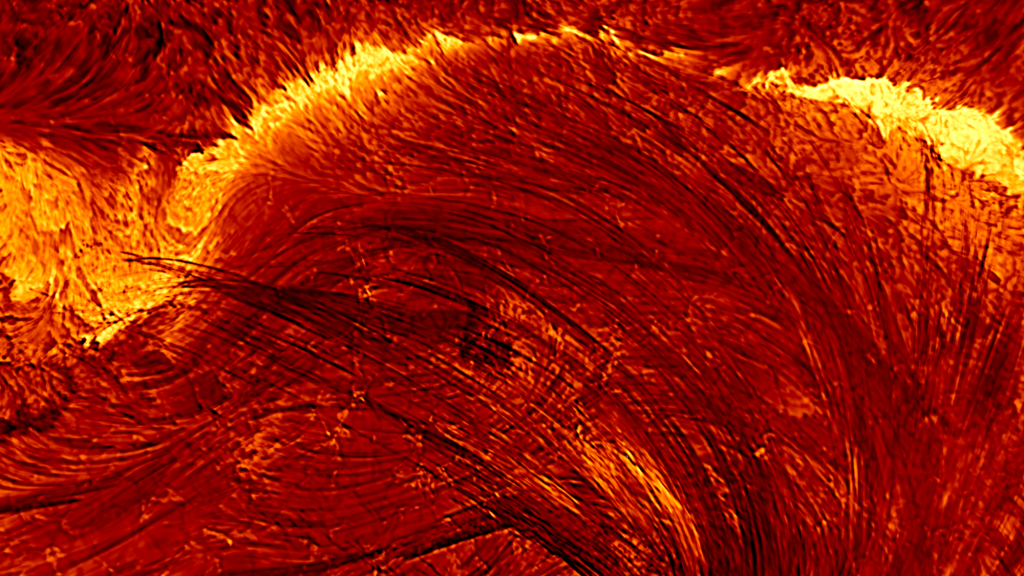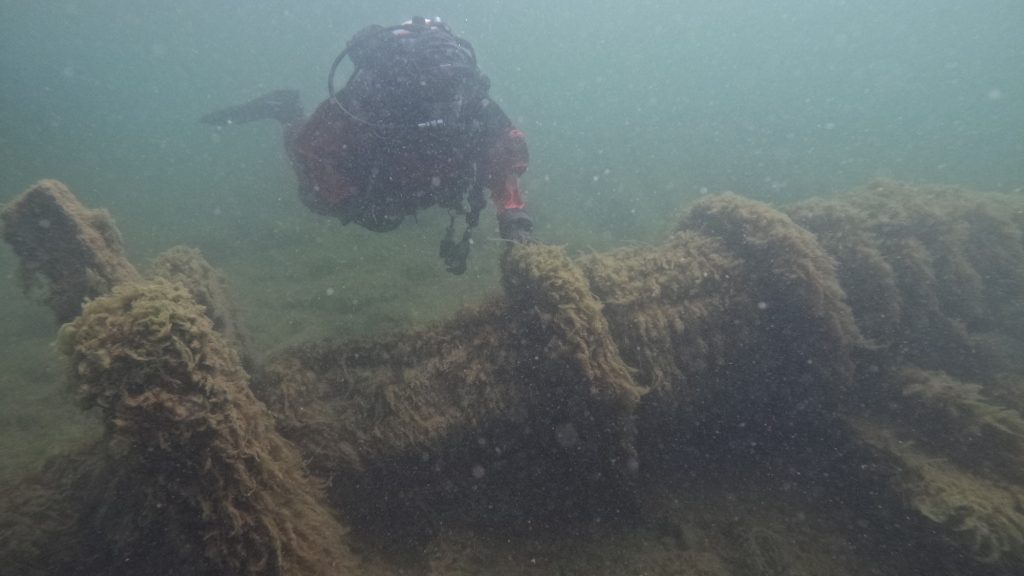Now Reading: Deadly Brain-Eating Amoeba in US: Signs, Symptoms, and Treatment Explained
-
01
Deadly Brain-Eating Amoeba in US: Signs, Symptoms, and Treatment Explained
Deadly Brain-Eating Amoeba in US: Signs, Symptoms, and Treatment Explained

Quick Summary
- A resident of Missouri,USA,died due to a rare infection caused by the brain-eating amoeba Naegleria fowleri contracted at Lake of the Ozarks.
- The fatal brain disease, known as Primary Amebic Meningoencephalitis (PAM), is extremely rare but highly fatal. There are fewer than 10 reported cases in the US annually.
- According to Missouri Department of Health and Senior Services (DHSS), this is only the third confirmed PAM case in Missouri’s history; prior cases were in 1987 and 2022.
- Naegleria fowleri thrives in warm freshwater such as lakes or hot springs between 80 to 115°F, commonly after storms or prolonged high temperatures.
- The amoeba infects by entering through the nose during swimming or water sports and destroys brain tissue. Drinking contaminated water does not pose any risk nor is it contagious between individuals.
- Early symptoms include fever, headache, nausea, and vomiting. Progressing symptoms lead to confusion, loss of balance, hallucinations, coma, and often death within days.
- Precautions recommended: use nose clips during freshwater activities like swimming or avoid stirring sediments; use boiled/distilled water for nasal rinses.
Indian Opinion Analysis
The unusual case of Naegleria fowleri-related death underscores global challenges around emerging health risks tied to environmental factors such as warming waters due to climate change. While India has no recent documented incidents involving this amoeba directly from natural sources like lakes or rivers thus far-India does experience high average temperatures conducive for the organism.
Given India’s reliance on freshwater bodies for recreational activities and rituals like bathing during festivals that involve large populations entering riverine spaces-the prevention measures echoed by experts hold noteworthy value domestically too those past mandatory taking systemic note-parametric aligns trim middle-agency reduce `.



























